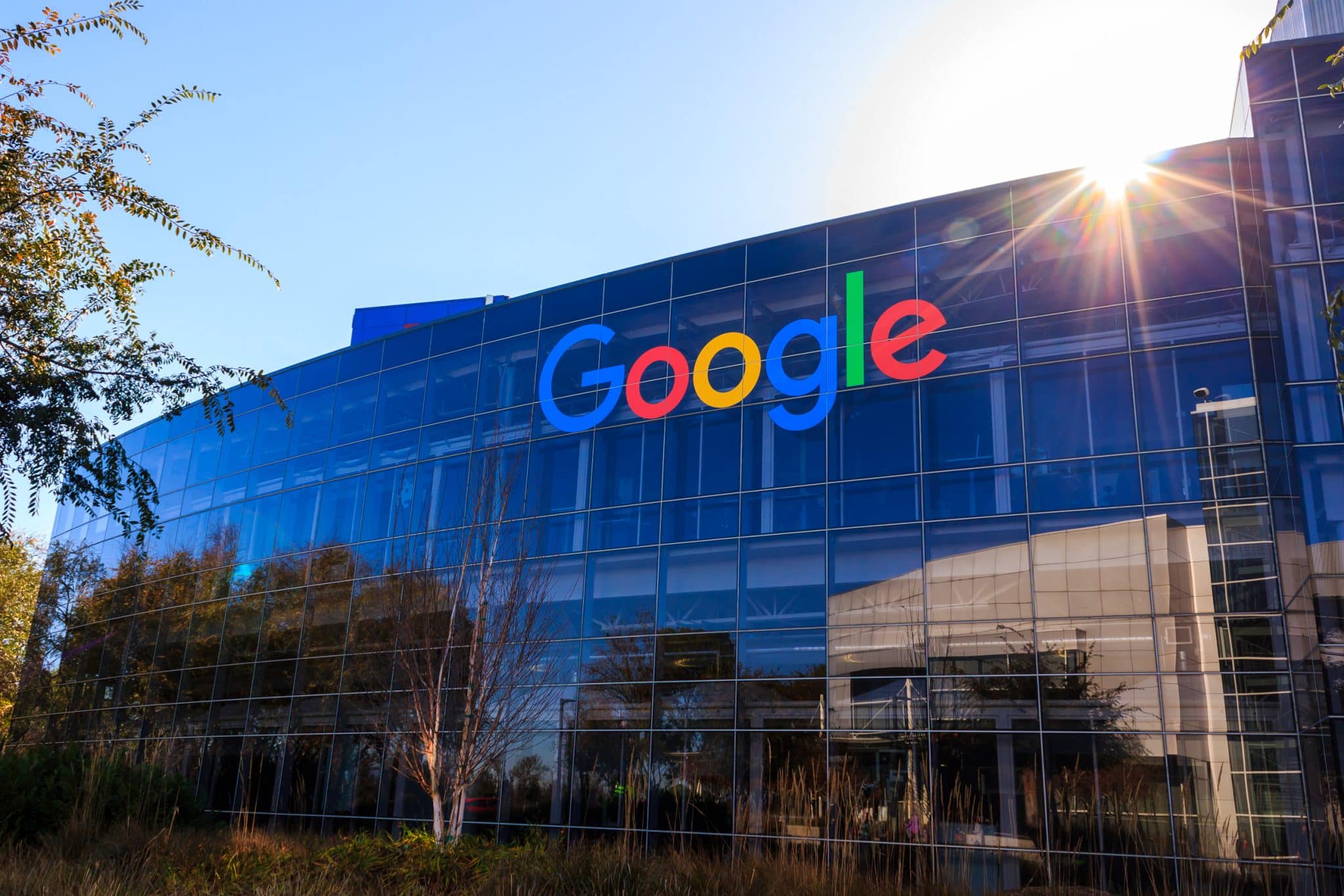Attacks and doxing make me personally MORE likely to support stronger safety features in chromium, as such acts increase my suspicion that there is significant intimidation from criminals who are afraid this feature will disrupt their illegal and/or unethical businesses, and I don’t give in to criminals or bullies
Kick a puppy
Get attacked for kicking a puppy
“These attacks make me MORE likely to keep kicking puppies, as I don’t give in to intimidation from criminals and bullies that want healthy puppies for their nefarious ends.”
They’re literally burning bridges after crossing them huh. Web scraping is illegal? Their fucking search engine was powered by a web scraper.
WEI is plain anti-competition to me now. Most, if not all, of their stated reasons are now just facade to me.
Fuck Google. I know this isn’t constructive or helpful, but fuck em.
Google gained control of the web by populating the world with Chrome/Chromium and wants to strong arm the web as a whole through it. Climbing the ladder and pulling it up from underneath them, with their fisted approach to Manifest V3 the beginning salvo.
For Google it’s just another day in the office.
Embrace, Extend, Extinguish.
Google is the new Microsoft.
Google must have forgotten when they sued Microsoft for trying to corner the browser market for Internet Explorer. Or maybe they are two faced.
Companies never sue because of idealism or values. They sue to get an advantage.
Same as Musk, who is publically harshly against government subsidies for companies. Unless he’s the recipent.
Quick correction: website scraping and ad blocking is not unlawful. It both is a means to make the web more accessible and the latter also reduces CO2 emission through reducing electricity usage from irrelevant ads. The same case could be made for web scraping as a user can make their own feed of news without having to sift through hundreds of pages. This as well can be done in a way that does not disrupt the pages‘ normal function.
That is where the two larger issues come in:
- people can argue that you need to pay for viewing a page/getting information through apps And
- branding powerusers as criminals („unlawful“) is unfair and false
The „pay for information“ is largely a phylosophical problem. It is no problem to pay for someones book or online course but the blanket statement that one has to pay for it is false. As an open source developer I give my work freely to others and in turn receive theirs freely as well (if they use the appropriate license of course).
We really have two sides forming. The „open internet“ crowd that works together for free or maybe accepts donations and the proprietary crowd which is having a huge influence right now.
Google putting in web DRM will cement that situation and make it possible that you can only use vanilla stuff on your browser and ultimately even shutting down any access to open source things completely by making it impossible to run on ubuntu since google will only accept windows clients (this is a possible outcome, not a guaranteed one).
All in all, we are unable to perfectly anticipate the outcome of this but if we see great harming potential, it is fair to weigh it agains the potential benefits (which is the lofty goal of weeding out bots and scammers). I think the cost benefit relation is heavily tilted here.
TL;DR: Tinkering with your browser is not illegal and should be allowed to continue. The cost of (potentially) weeding out bots and scammers is not worth potentially ruining the open source community.
I work with cultural heritage and have the strong believe, that information should be open and easy accessible. Citizen have a right to access to knowledge and to educate themselves unter their circumstanses. But of course the Infrastructur cost money and this should always be a discurse between all parties. And not been dictated by major companies.
It is a really hard fight for museums, archives and libaries lately. What do you do when your electricity bill jumps up to 5 million during the war in the ukrain?
We need to unite and search for ways to keep the Internet accessible.
I can relate. People like you are the structural pillars of our society.
I‘m not familiar to the laws concerning cultural heritage but some of the museums should be partially tax funded, no?
Thanks 😊
Mostly you are right, of course it depence on the country. a lot of institutes are tax funded, but the cost can’t be covered just with that. Rent, wages, special rooms for the heritage… the new competitor is everything digital: a homepage, a database, social media. Museums need all of that to stay relevant. but the budget stays the same.
(And of course we depent on open data, to reduce thr dependence on big tech companies)
The war has shown how fragile this is. Cost of electricity had boomt, but there is no room to reduce it. Paintings, glas, it all needs their own temperature. But explain that to someone who is just Management. We scientist/ academics have a weak basis for negotiation, when the administration wants to save money. In my country cultural heritage is clearly not a priority, that leads to institutes having no money and losing relevance. Which is dangerous for the variety of knowledge.
Thanks for giving me the space to shortly explain this. I think we all need to work together to make the web, the heritage accessible! 😤




